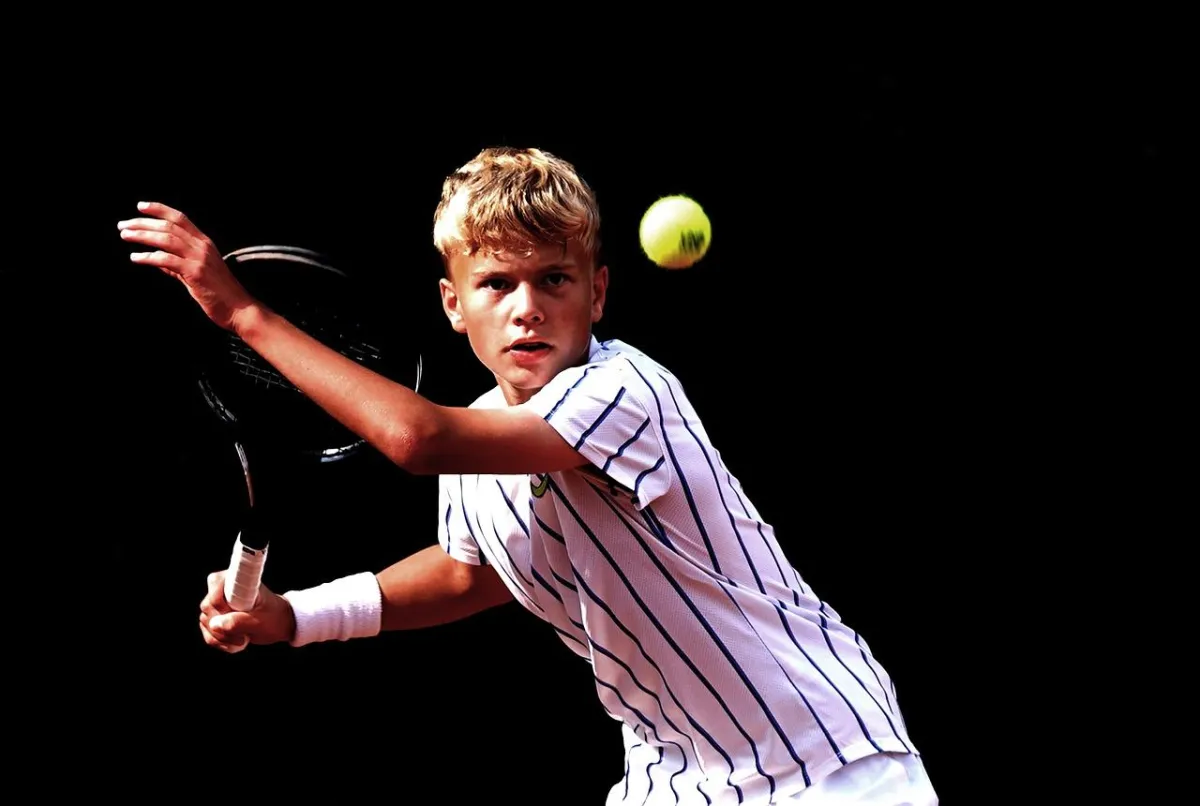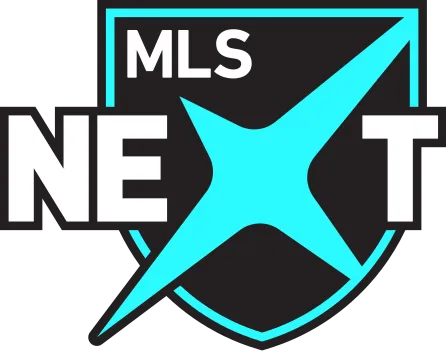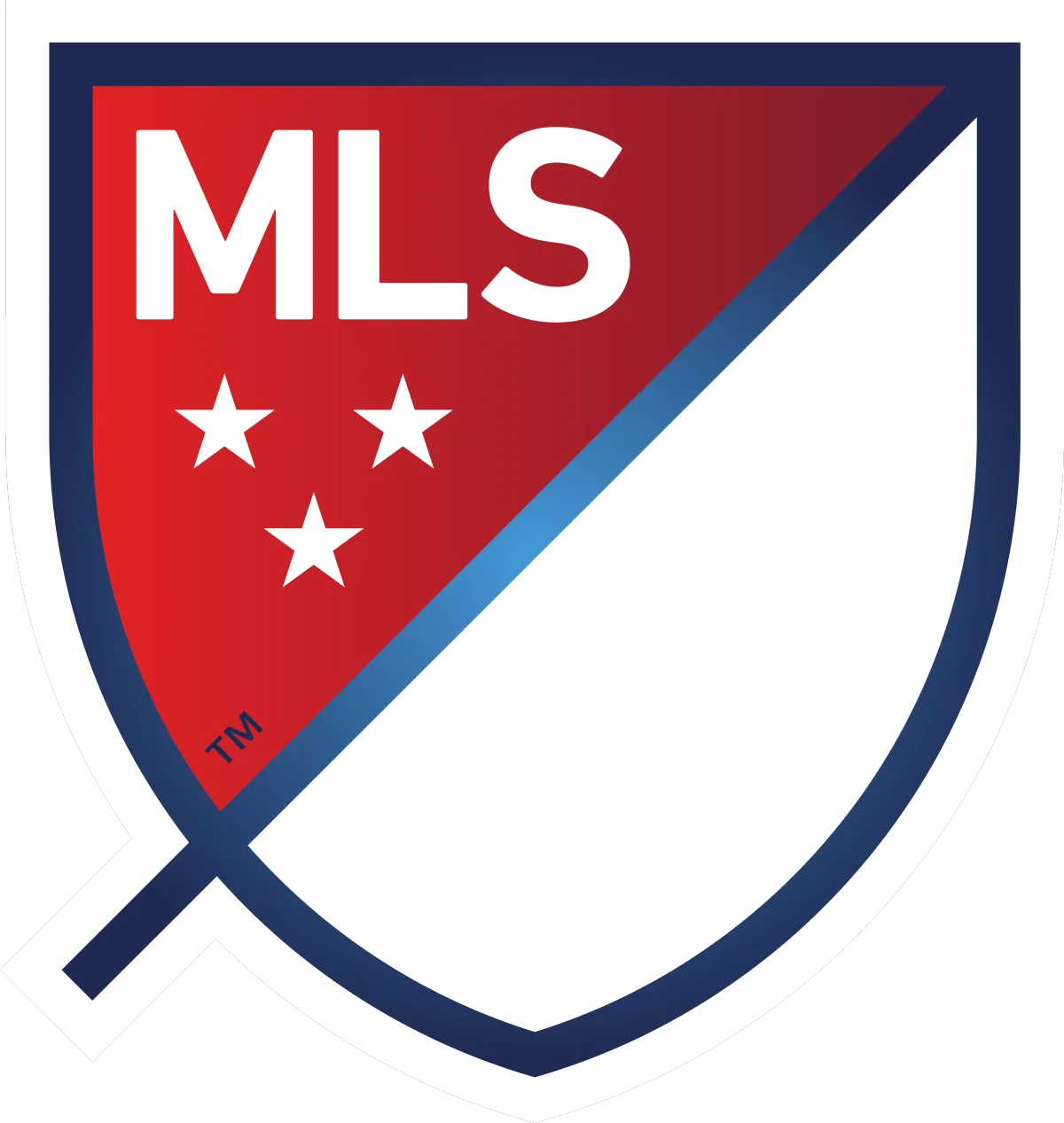Blogs
Read more on all of the mental performance and sport psychology tips to get out of your head and into the game.

When Good Intentions Aren't Enough: A Guide For Athlete Parents
About the author:
Alex Bolowich is a Certified Mental Performance Consultant and founder of Elite Mental Performance, a private practice in Charlotte, North Carolina. He specializes in working with athletes to help them perform in the most intense situations, recover from significant injuries, and mentor them through life's challenges. If you are interested in any of his signature programs, use the link here! Enjoy the article below.
When Good Intentions Aren't Enough: A Guide for Athlete Parents
How well-meaning parents can unintentionally hinder their child's athletic development and what sport psychology insights can help them do instead
As a mental performance consultant working with youth athletes, I've witnessed firsthand how parental behavior—even when coming from a place of love—can profoundly impact a young player's mental training and development. The story of one particular athlete highlights this reality in stark detail.
When a Star Player Freezes
I worked with a talented 14-year-old winger in Florida who had all the technical ability and mental motivation to succeed professionally. She was even being recruited by the Swedish youth national team. Yet during matches, she would inexplicably freeze on the field. She wouldn't take players on in 1v1 situations or shoot, despite having the skills to do so effectively.
The source of her mental block? Her father's presence.
She played noticeably better when he wasn't at games. Why? His emotional investment in her performance was overwhelming. He would get visibly upset and angry on the sidelines after mistakes, shout directions throughout the match, and express disappointment on the car ride home when she performed poorly—sometimes carrying that disappointment throughout the entire day.
His behavior wasn't malicious. This was simply how he was raised during his own soccer development. He had no idea how profoundly this was affecting his daughter's sport psychology and on-field performance.
The psychological impact was clear: she felt responsible for her father's emotional wellbeing. That's a pressure no 14-year-old—or any child—should bear when playing sports. The game was no longer for her enjoyment and development; it had become about managing her father's emotions.
This type of fear becomes deeply embedded in the subcortical regions of the brain. It can't be undone by simple positive self-talk or rational thought. As her mental coach, I tried everything in my toolkit, but these patterns had been reinforced over years. I offered to speak with her father or mediate a conversation between them, but respecting her autonomy, I let her choose whether to pursue this option. For her, confronting this issue directly felt too difficult.
In my experience as a mental performance specialist, this scenario—where performance anxiety stems from attachment relationships and parental influence—presents one of the most challenging barriers to breakthrough in youth sport psychology. Here's an article for those looking to explore more on the impacts of parental pressure.
The Reality of Sports Parenting
There is no such thing as perfect parenting, and there certainly isn't a comprehensive manual for raising an athlete. However, through both applied sport psychology research and practical mental training experience, I've developed guidelines that can help soccer parents better position their children to develop confidence, maintain their love for the game, and reach more of their potential.
1. Less is More
Drive them to games, feed them, love them. You're not responsible for helping them reach their potential—that's up to them and their mental toughness development. Your primary job is to provide support and resources, not technical coaching or performance management.
2. Check Your Emotions First
If your entire day is negatively impacted by your child's performance, you're likely too emotionally invested and should explore why. Your emotional wellbeing shouldn't depend on how well your 11-year-old strikes a ball. Ask yourself: "Whose journey is this really about?" This self-awareness is a critical component of supporting your child's mental game.
3. Support Before Challenge
The environment of competitive sports is already challenging enough. Their coach's role is to challenge them technically and tactically. Adding another challenging character (you) can create emotional overload. Children need a safe space where they feel unconditionally supported so they have the security to tackle challenges elsewhere—a fundamental principle of sport psychology for youth athletes. Check out this study done to show the involvement of parent support vs. parent pressure
4. The Critical Car Ride Home
This post-game transition is the number one reason youth athletes quit sports. It's been noted that 50% of youth soccer players quit by age 13, with negative post-game interactions with parents cited as a primary factor.
Start with: "I really enjoyed watching you play today." This offers neutral support without performance judgment. Follow with: "Do you want to talk about the game?" If they say yes, move to guideline #5. If they say no, respect their choice and allow them to process the game in silence.
This timing is crucial for mental performance—their emotions are heightened and their neural networks are actively processing the experience. Any interference must be handled with delicacy and precision.
5. Curiosity Before Judgment
Ask questions rather than offering opinions unless specifically requested: "What did you think about the game? How do you think you did? What was the best part? What would you do differently? What did the coach say about that?" This approach fosters reflection and autonomy over their development, without imposing your perspective.
6. Follow Club Policy
Many clubs implement a 24 or 48-hour rule about approaching coaches after a game. If your club doesn't have one, adopt this policy for yourself. Your emotions run high after watching your child compete, and conversations held in this state can have lasting negative impacts.
Signs Your Child Might Be Feeling Parental Pressure
Parents should watch for these warning signs that their involvement might be creating unhealthy pressure:
Performance anxiety: Your child "freezes" on the field or hesitates during moments they previously handled confidently.
Avoiding risks: Reluctance to attempt new skills or take on challenges that are within their ability.
Seeking constant approval: Repeatedly looking to the sidelines for validation after plays.
Emotional shifts: Playing with notably different energy or confidence depending on which parent/guardian is watching.
Post-game mood swings: Extreme emotional responses after games that seem disproportionate to the actual performance.
Resistance to discussing the sport: Becoming withdrawn or defensive when you bring up their performance.
A Positive Approach: The Supportive Parent Model
While the Florida case illustrates what can go wrong, there are parents who navigate this delicate balance successfully. Maria noticed her daughter Emma, a talented 13-year-old midfielder, becoming increasingly hesitant on the field and quiet after games. Instead of offering technical advice, Maria created space for Emma to express what was bothering her.
Emma revealed she felt overwhelmed by conflicting instructions—her coach encouraged creativity while her father shouted specific directions from the sideline. Maria and her husband adjusted their approach, limiting themselves to simple encouragement during games and giving Emma the quiet space she requested afterward. When other parents approached with advice, Maria gently redirected them. She also coordinated with Emma's coach to ensure their at-home support aligned with team development goals.
Within weeks, the transformation was evident. Without the pressure of sideline coaching, Emma made quicker decisions on the field and her natural joy for the game returned. The car rides home evolved into either excited game discussions, conversations about other topics, or comfortable silence—all free from performance pressure. By creating emotional safety, Maria had given Emma what every young athlete needs for optimal mental performance: the freedom to play without fear.
Resources for Parents
For parents looking to improve their approach:
Dr. Jonathan Haidt and Dr. Becky Kennedy offer valuable insights in the field of child psychology that apply directly to sports parenting.
Dr. Michael Gervais's podcast "Finding Mastery" includes several episodes specifically addressing parent involvement in youth sports.
The Association for Applied Sport Psychology provides excellent resources for parents, including their guide "Dos and Don'ts for Parents of Young Athletes"
Final Thoughts
Remember that your child's athletic journey belongs to them, not you. Your role in their mental training and athletic development is to provide the foundation of support and encouragement that allows them to take risks, make mistakes, learn, and fall in love with the game.
The most successful athletes I've worked with in sport psychology share one common factor: parents who understood that their primary role was to be a safe harbor in the inherently stormy journey of athletic development. When players know they're loved regardless of performance, they gain the freedom to play without fear—and that's when true potential and peak mental performance can be realized.
As a mental performance consultant, I've seen how this approach not only produces better athletes but happier, more resilient individuals who carry these psychological skills far beyond their sporting careers. The mental game you help develop today will serve them in every aspect of life tomorrow.
If you or your athlete are ready to start being deliberate about your mental training and take control while you can, consider setting up a consultation to see how you can train your mind.
Start your mental training today!

Professional Basketball

NCAA Student-Athletes

Youth Professional Soccer

Professional Soccer

Professional Soccer

PGA Jr. Golf
© 2025 ELITE MENTAL PERFORMANCE LLC



